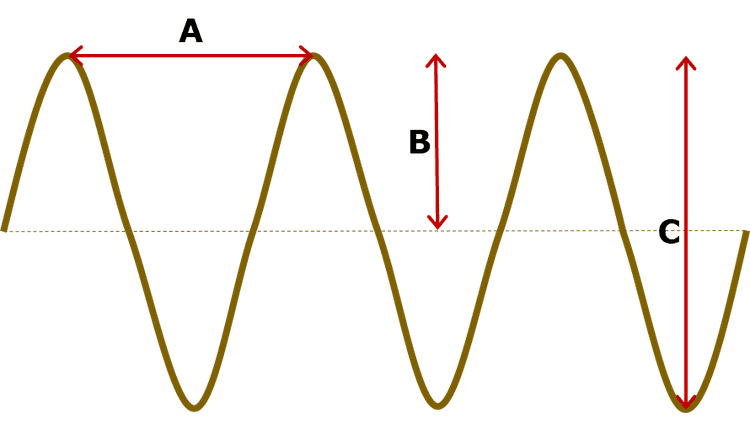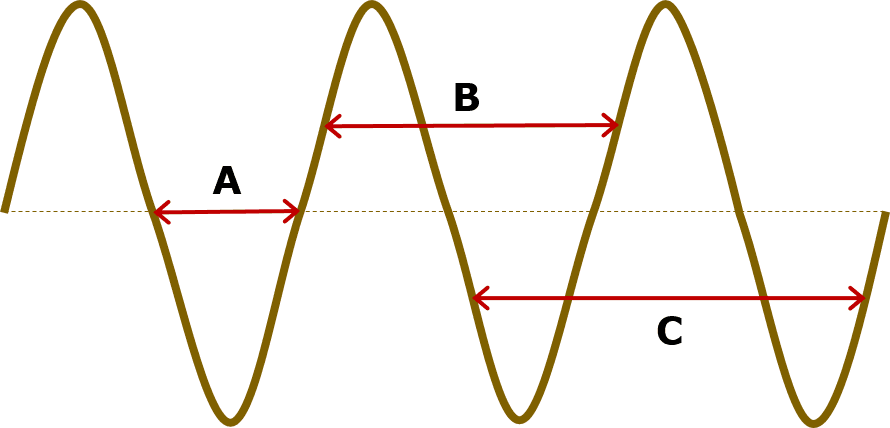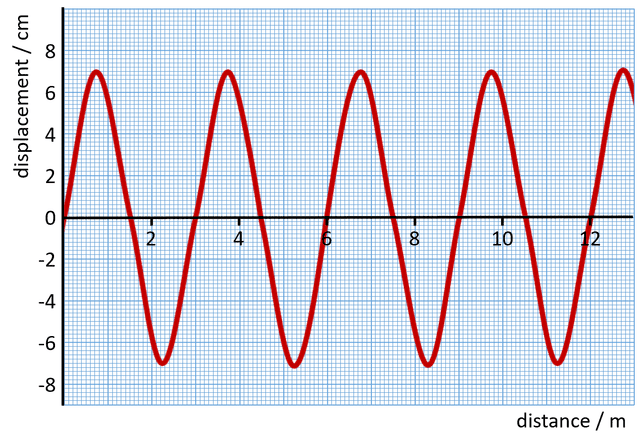Transverse waves
I can label the parts of a rope or water wave that can be measured, and I can interpret and sketch scale drawings of transverse waves.
Transverse waves
I can label the parts of a rope or water wave that can be measured, and I can interpret and sketch scale drawings of transverse waves.
These resources will be removed by end of Summer Term 2025.
Lesson details
Key learning points
- Displacement at a point of a wave is the distance that the wave medium is from its rest position at that point.
- Amplitude is the maximum displacement of a wave (up or down, or side to side).
- A displacement-distance graph of a wave is not a picture of the wave.
- The distance between two wave crests on a displacement-distance graph is equal to one wavelength.
- A positive (or negative) displacement shows part of the wave above (or below) the equilibrium position.
Keywords
Crest - the crest of a wave is the top or peak of the wave.
Trough - the trough of a wave is the lowest point of the wave.
Wavelength - wavelength of a transverse wave is the distance between one wave crest (or trough) and the next.
Amplitude - the amplitude of a wave is the maximum distance that each part of the wave moves from its normal position as a wave passes.
Displacement - the displacement of a wave is the distance that each part of the wave moves from its rest position as a wave passes.
Common misconception
A displacement-distance graph is a picture of a wave, with 1:1 vertical and horizontal scaling.
Interpret and sketch graphs of waves that are compared to pictures of each wave.
To help you plan your year 10 physics lesson on: Transverse waves, download all teaching resources for free and adapt to suit your pupils' needs...
To help you plan your year 10 physics lesson on: Transverse waves, download all teaching resources for free and adapt to suit your pupils' needs.
The starter quiz will activate and check your pupils' prior knowledge, with versions available both with and without answers in PDF format.
We use learning cycles to break down learning into key concepts or ideas linked to the learning outcome. Each learning cycle features explanations with checks for understanding and practice tasks with feedback. All of this is found in our slide decks, ready for you to download and edit. The practice tasks are also available as printable worksheets and some lessons have additional materials with extra material you might need for teaching the lesson.
The assessment exit quiz will test your pupils' understanding of the key learning points.
Our video is a tool for planning, showing how other teachers might teach the lesson, offering helpful tips, modelled explanations and inspiration for your own delivery in the classroom. Plus, you can set it as homework or revision for pupils and keep their learning on track by sharing an online pupil version of this lesson.
Explore more key stage 4 physics lessons from the Measuring waves unit, dive into the full secondary physics curriculum, or learn more about lesson planning.

Licence
Starter quiz
6 Questions
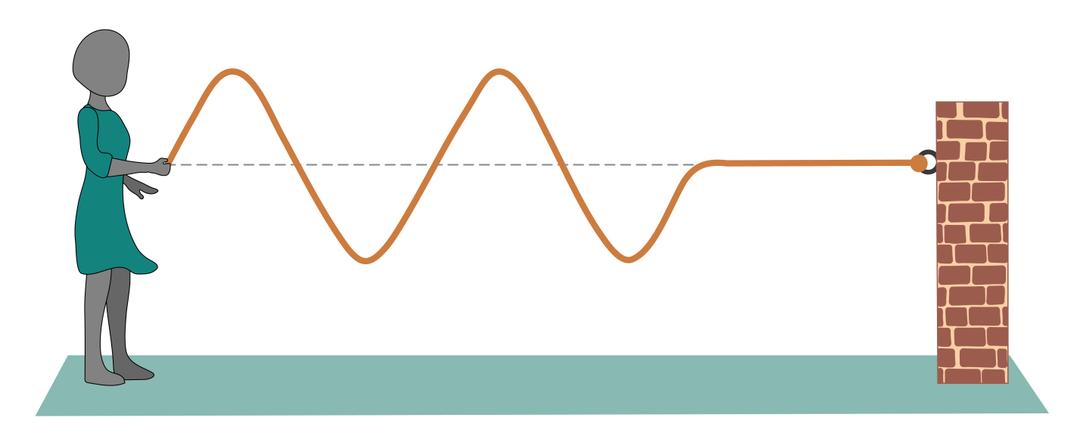

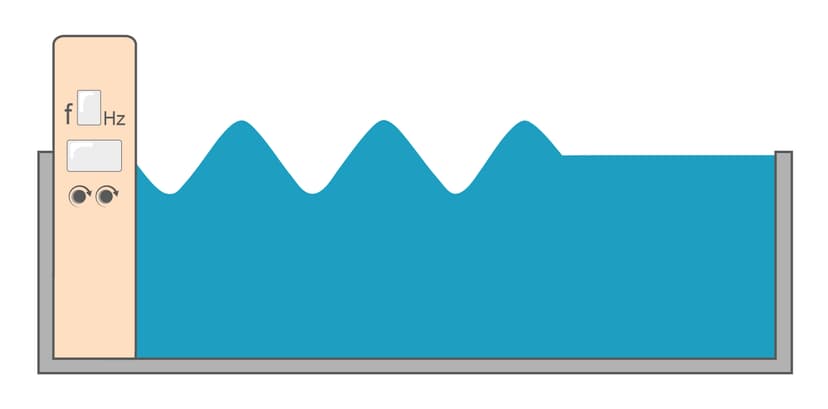
Exit quiz
6 Questions

